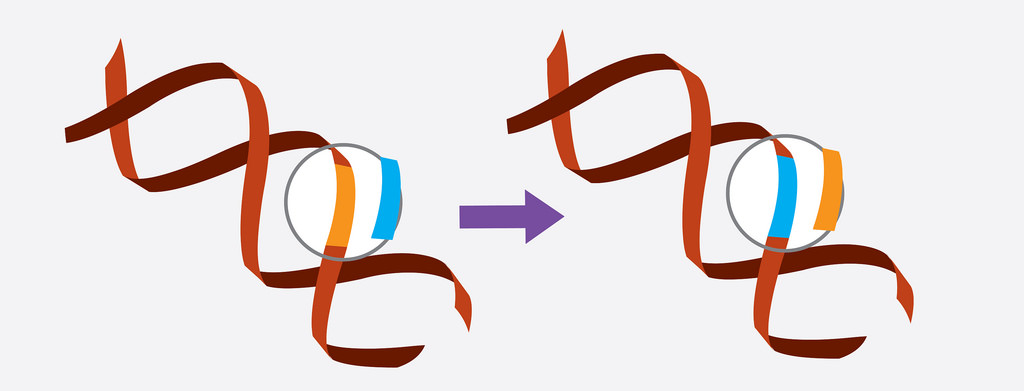Scientists are taking advantage of the technological advancements in trying to modify the human DNA. They are very hopeful that gene editing will become feasible in the near future. For instance, CRISPR/Cas9 is a new gene editing technique believed to be more accurate and convenient. Eruptions of these technologies have resulted in many concerns. Many individuals and organizations (including some government organizations) have raised their concerns about the use of these technologies to alter the human DNA. The following are some of the top concerns. Please read on.
 1. Safety
1. Safety
Safety is a primary concern when it comes to experiments and alterations of some organ or functionality in a human. When performing the gene editing, there’s a possibility of mosaicism – not all cells carry the edit – and off-target effects – wrong place editing. Various research bodies, like the International Summit on Human Gene Editing, insist on adequate research to be done to prove that gene editing is safe before launching the technology on humans. These bodies are also discouraging the justification of the risk by the potential benefits because they believe the said benefits will hardly outnumber those of the previously existing technologies like in-vitro fertilization (IVF) and preimplantation genetic diagnosis (PGD). However, there have been some claims from the proponents who believe that gene editing can have a solution to what PGD could not meet.
2. Using Human Embryos for Research
According to U.S. and NIH regulations and perspective, it is illegal to use federal funds for any experiment intending to create or destroy human embryos. Despite different research bodies claiming that it is very important to use gene editing in embryos – for myriad purposes, NIH has maintained that they’ll not sponsor gene editing in human embryos. The proponents argue that the use of human embryos will help address the scientific mysteries about human biology provided caution is taken not to use for reproductive reasons. The opponents, however, suggest that if the research is to be done on embryos, the researchers should use embryos created specifically for this research or use the viable and nonviable embryos from IVF. Many individuals have also expressed their religious and moral concerns over the involvement of human embryos in the research.
3. Equity
Technological advancements have tended to create gaps between the rich and the poor. And gene editing technology is no different. You may be wondering how this is so, right? Well, these technological eruptions are mostly accessible only by the wealthy in society. In this case, genome editing has brought about disparities in interventions such as access to health care. This has raised concerns from most individuals and organizations who argue the gene editing could end up creating different classes of persons characterized by their engineered genome quality.
Conclusion
Many individuals and organizations believe genome modification to be inherently dangerous – socially, legally, and ethically. From posing safety threats to humans to causing disparities and classes among people. Very few support the idea of using the human embryo for the research due to their moral and religious believes. These are just some of the main concerns, look out for relevant themed blogs to learn more about gene editing and its impact on human lives.



